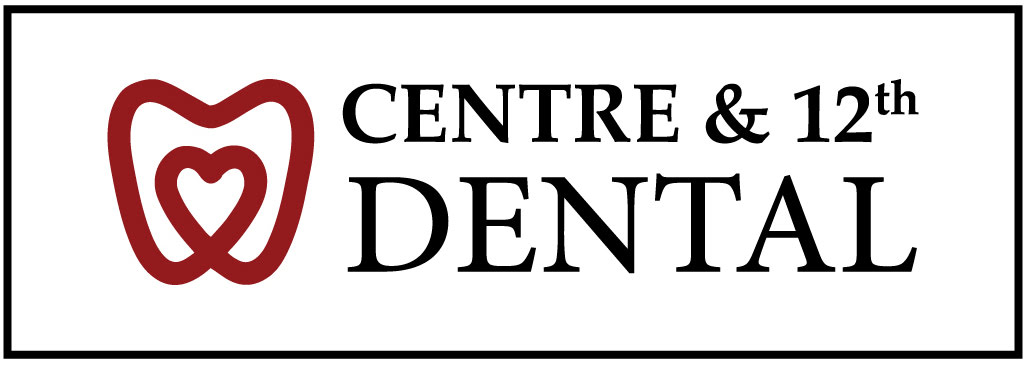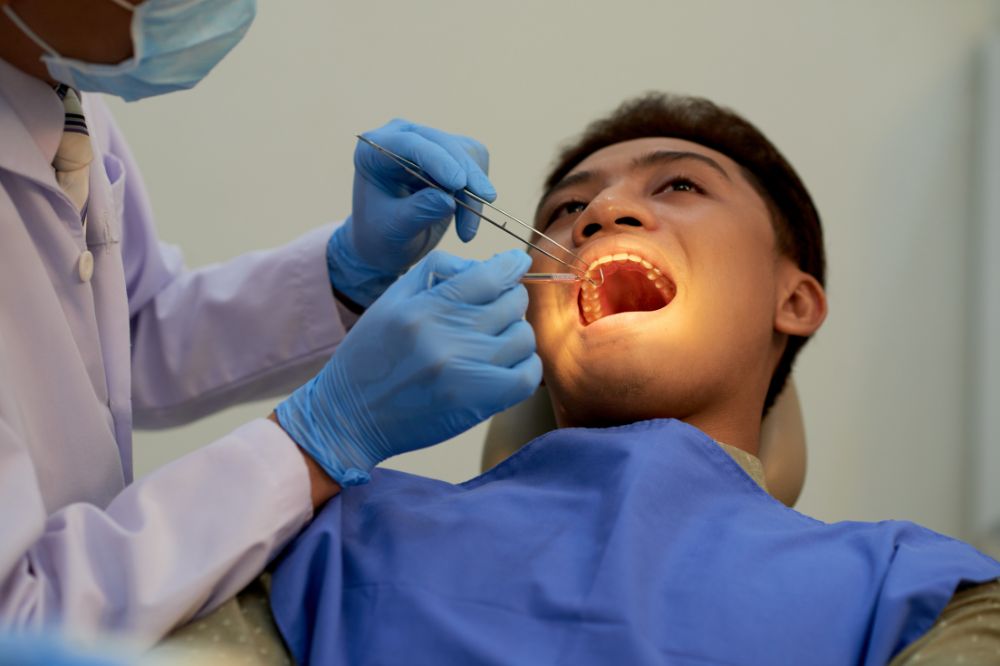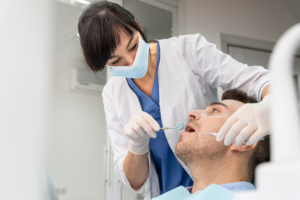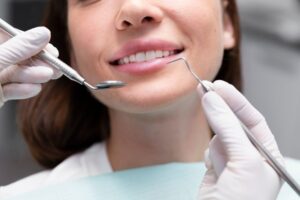Getting a tooth pulled might be scary, but it’s a common dental treatment. Dentists perform a tooth extraction in Calgary when teeth are badly rotten, infected, or causing problems. After getting the tooth pulled, your mouth has to heal. Everybody is usually fine at first, but day 3 may be the most difficult. Let’s discuss why day 3 is the worst after tooth extraction.
What Happens Right After a Tooth Extraction?
When a dentist extracts a tooth, they remove the whole tooth, including the root. Once the dentist takes the tooth out, your body will start the healing process automatically
Here’s what usually happens:
- A blood clot forms in the area of tooth extraction (called the socket) to protect the area from air exposure.
- Your gums begin to close around the hole.
- The discomfort is usually mild because your mouth is still numb from the dental anesthetic used during the treatment.
- Most will feel some swelling or mild discomfort on day 1 and day 2, but nothing severe.
Then, day 3 comes, and most people feel their worst.
Book your appointment today for effective dental care in Calgary!
Why Is Day 3 So Uncomfortable?
There are several factors as to why day 3 following a tooth extraction may be worse than the first two days.
1. Swelling Peaks on Day 3
Swelling is your body’s natural reaction to surgery. It helps with healing, but it also causes pressure and soreness. Swelling usually gets bigger over the first 2 days and reaches its highest point on day 3. That’s why your cheek may feel puffy and sore. It can make talking or chewing harder.
2. Numbing Medicine Wears Off
After the tooth extraction, the dentist near you uses numbing shots to help you feel comfortable. But by day 3, all the medicine has fully worn off. So now, you may feel the real soreness, especially if the tooth was deep or hard to remove.
3. Inflammation Is Strongest
Inflammation is how the body protects itself and heals. On day 3, your body is working hard to clean the area and fix the tissue. But this also means more sensitivity, pressure, and mild pain. Even though this is a normal part of healing, it can make the day feel difficult.
4. You Start Using Your Mouth More
By day 3, some people go back to eating more solid food or talking more. This can cause extra movement near the healing area, which may slow things down or cause more soreness. If you’re not careful, you might even disturb the blood clot, which can be painful.
5. Dry Socket Risk Begins
Dry socket is a common concern after tooth extraction. It happens when the blood clot falls out too early, and the bone underneath gets exposed. This is more likely to happen around day 3 or 4. Dry socket can cause severe pain, bad breath, and a bad taste in the mouth. If you feel this, contact your dentist right away.
What Can You Do to Feel Better?
If day 3 is giving you a hard time, don’t worry. Here are some simple things you can do to feel more comfortable:
- Use an ice pack on your cheek for 15 minutes on and 15 minutes off.
- Take the pain medicine your dentist gave you as directed.
- Rest and avoid heavy activity.
- Don’t touch the area with your fingers or tongue.
- Eat soft foods like soup, yogurt, mashed potatoes, or smoothies.
- Keep your head raised while sleeping to help reduce swelling.
When to Call Your Dentist
Sometimes, things don’t go as planned. Call your dentist near you if:
- The pain gets worse instead of better.
- You see white or yellow discharge from the site.
- You have a bad smell or taste in your mouth.
- Your cheek or jaw stays swollen for more than 4 days.
- You feel sick or have a fever.
Your dentist can check the area and help you heal faster.
Final Thoughts
Tooth extraction may sound scary, but it’s a normal dental procedure. Healing takes time, and day 3 after the extraction can feel the toughest because of swelling, inflammation, and more use of the mouth. But this is part of the healing process. If you follow your dentist’s instructions, rest, and take care of the area, you should start feeling better after day 3.
Get Safe, Gentle Tooth Removal at Centre & 12th Dental!
At Centre and 12th Dental Clinic, we provide safe and gentle tooth extractions for patients of all ages. Our team at the dental clinic in Calgary uses simple tools and follows careful steps to make sure you stay comfortable. Whether your tooth is damaged, infected, or loose, we’re here to help.
If you have any questions, don’t wait. Contact our dentist today!
Getting here is simple — just follow us on Google Maps for the best route. 📍









